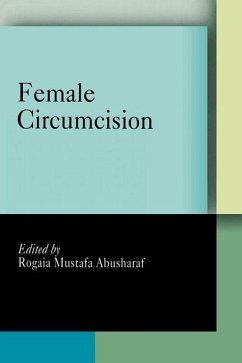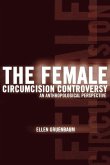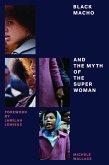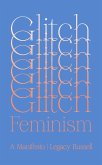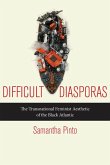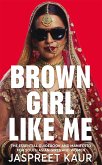Bolokoli, khifad, tahara, tahoor, qudiin, irua, bondo, kuruna, negekorsigin, and kene-kene are a few of the terms used in local African languages to denote a set of cultural practices collectively known as female circumcision. Practiced in many countries across Africa and Asia, this ritual is hotly debated. Supporters regard it as a central coming-of-age ritual that ensures chastity and promotes fertility. Human rights groups denounce the procedure as barbaric. It is estimated that between 100 million and 130 million girls and women today have undergone forms of this genital surgery.
Female Circumcision gathers together African activists to examine the issue within its various cultural and historical contexts, the debates on circumcision regarding African refugee and immigrant populations in the United States, and the human rights efforts to eradicate the practice. This work brings African women's voices into the discussion, foregrounds indigenous processes of social and cultural change, and demonstrates the manifold linkages between respect for women's bodily integrity, the empowerment of women, and democratic modes of economic development.
This volume does not focus narrowly on female circumcision as a set of ritualized surgeries sanctioned by society. Instead, the contributors explore a chain of connecting issues and processes through which the practice is being transformed in local and transnational contexts. The authors document shifts in local views to highlight processes of change and chronicle the efforts of diverse communities as agents in the process of cultural and social transformation.
Female Circumcision gathers together African activists to examine the issue within its various cultural and historical contexts, the debates on circumcision regarding African refugee and immigrant populations in the United States, and the human rights efforts to eradicate the practice. This work brings African women's voices into the discussion, foregrounds indigenous processes of social and cultural change, and demonstrates the manifold linkages between respect for women's bodily integrity, the empowerment of women, and democratic modes of economic development.
This volume does not focus narrowly on female circumcision as a set of ritualized surgeries sanctioned by society. Instead, the contributors explore a chain of connecting issues and processes through which the practice is being transformed in local and transnational contexts. The authors document shifts in local views to highlight processes of change and chronicle the efforts of diverse communities as agents in the process of cultural and social transformation.
Dieser Download kann aus rechtlichen Gründen nur mit Rechnungsadresse in A, D ausgeliefert werden.

